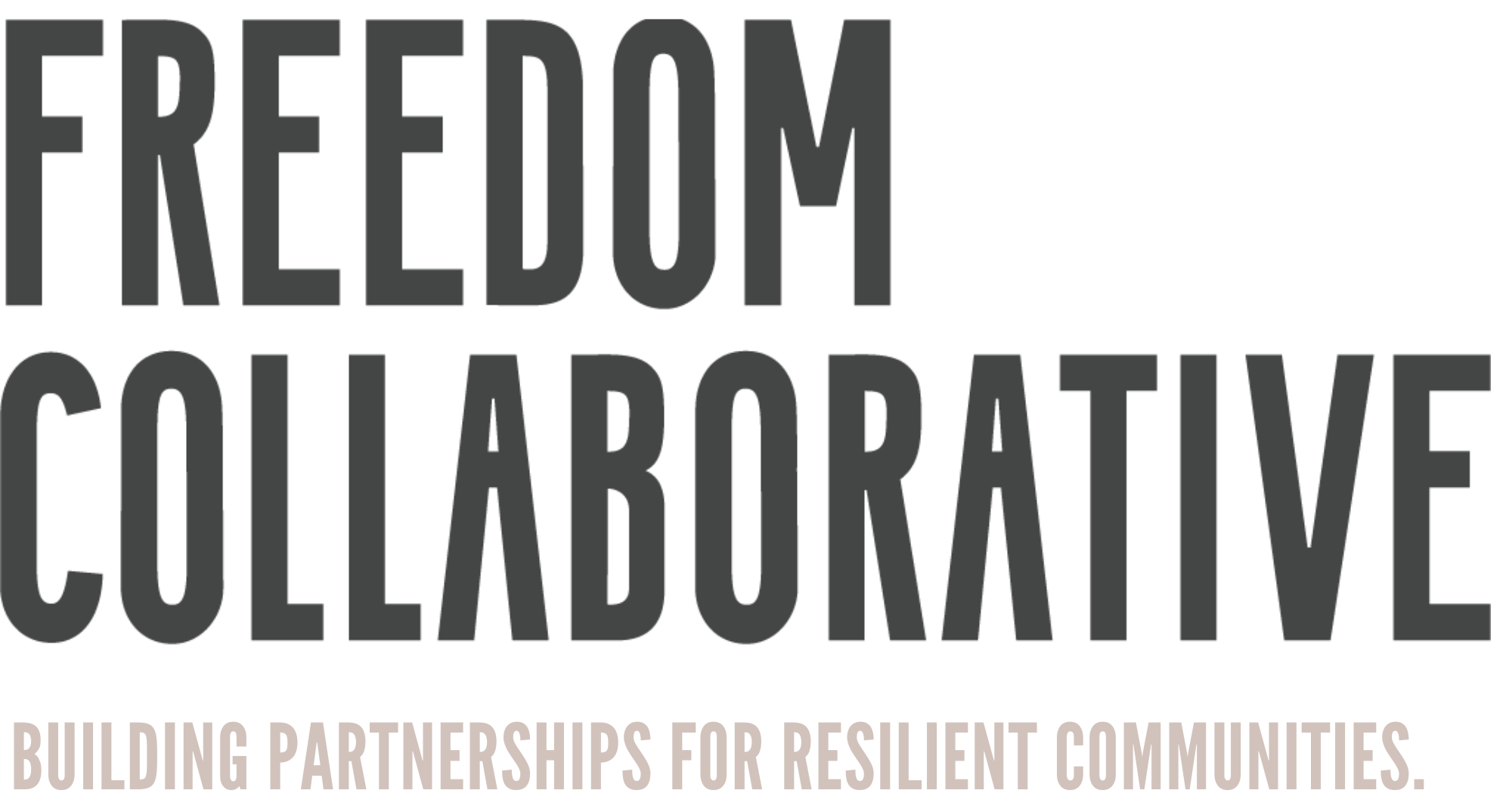U.S. Plans to Remove Thai Shrimp from Forced Child Labor List Highlights Importance of Upholding Worker Protection Laws
Thailand's shrimp industry shows progress against child labor, prompting U.S. to consider status change. However, NGOs warn of backsliding and urge continued pressure to maintain strict labor protections.
The U.S. Labor Department has announced that they are considering removing shrimp from Thailand from a list of products suspected of being made using child slave labour. This positive step shows that there is political will in Thailand to set industry-leading standards, and underlines the importance of maintaining strict controls against labour abuses across their fisheries industries.
Since 2009, Thai shrimp has been listed as a product which contractors to the Federal government must apply additional checks to, in order to verify that no forced or indentured child labour has been used in its production. The reason given in the statement for the proposed change in status was that the use of underage workers in Thailand had “significantly reduced” as a result of both international scrutiny, and a “concerted significant effort to address child labour and forced child labour throughout the seafood industry, including the shrimp peeling sector” on the part of the Thai seafood industry, the Thai government, and other stakeholders.
Eliminating child labour from the prawn processing industry in Thailand has been a lengthy process. A 2015 report by the International Labour Organisation (ILO) found exploitation of young people in the shrimp processing industry to be persistently high, with up to 10,000 migrant children (predominantly from Myanmar) aged 13-15 working in so-called ‘shrimp sheds’ (small unregulated shrimp processing units) in the city of Samut Sakhon. Only a tiny proportion of them had any kind of contract with their employer, many had never attended school, and they faced a high risk of being injured whilst carrying out such hazardous work. In addition, an investigation by Associated Press in 2015 found that shrimp processed by slaves was entering the US market, and called for a boycott.
In the face of an impending U.S. ban on their products, the major Thai shrimp exporters brought their processing in-house, so as to ensure the proper treatment of workers. Although this helped reduce the problem, abuses still occurred, as there were instances of poorly regulated third-party processors being used when capacity was insufficient. However, in the end, the U.S. opted not to impose a ban.
Another stumbling block to reform was the disparate nature of the shrimp processing industry, with many small companies working in this sector. This makes government oversight difficult. The problem was further compounded by the fact that fifty percent of Thai shrimp production is for the home market. Without the pressure of foreign buyers demanding assurances that are child and slave labour free, the domestic supply chain faces less scrutiny than the international one.
In the announcement, the U.S. Labor Department mentions some key factors which have contributed to the elimination of child slave labour. These included Thailand signing up to the International Labour Organisation’s Convention on Maritime Labour (2006) in 2016, and Covention on Work in Fishing (2007) in 2019. The Thai government also introduced legislation prohibiting children from working in seafood processing in 2017. The Thai authorities were also given credit for having legislated effectively to improve the traceability of aquatic resources. Collaborative projects with international NGOs to eliminate forced child labour and child labour in the seafood processing sector were also praised. These included the Combatting Unacceptable Forms of Work in the Thai Fishing and Seafood Industry program (ILO & EU); the FAIR Fish program (U.S. Department of Labor); and the Ship to Shore project (EU).
Despite these positive developments, there is still a risk of a backslide in Thailand, with some parts of the fishing industry calling for a revision of the Fisheries Law (2015) that could jeopardise efforts to prevent slave labour and other abuses. Responding to the announcement, Dominic Chakrabongse, Regional Director for the Environmental Justice Foundation, posted on X that the decision by the U.S. Department of Labor to consider revising the status of Thai shrimp was “the exact reason why we need to keep the reforms of the last 8 years and not rollback all the good work done on transparency, accountability and labour protections”. This is corroborated by the 2019 report from Boston Consulting Group on Shrimp Production in Thailand, which found that competitive advantage over other producer countries could be achieved in export markets by introducing full product traceability. This underscores how commercially vital it is for Thailand to achieve and maintain high ethical standards throughout their seafood supply chains.
Share your news
Post your experiences from the field and initiatives to feature





